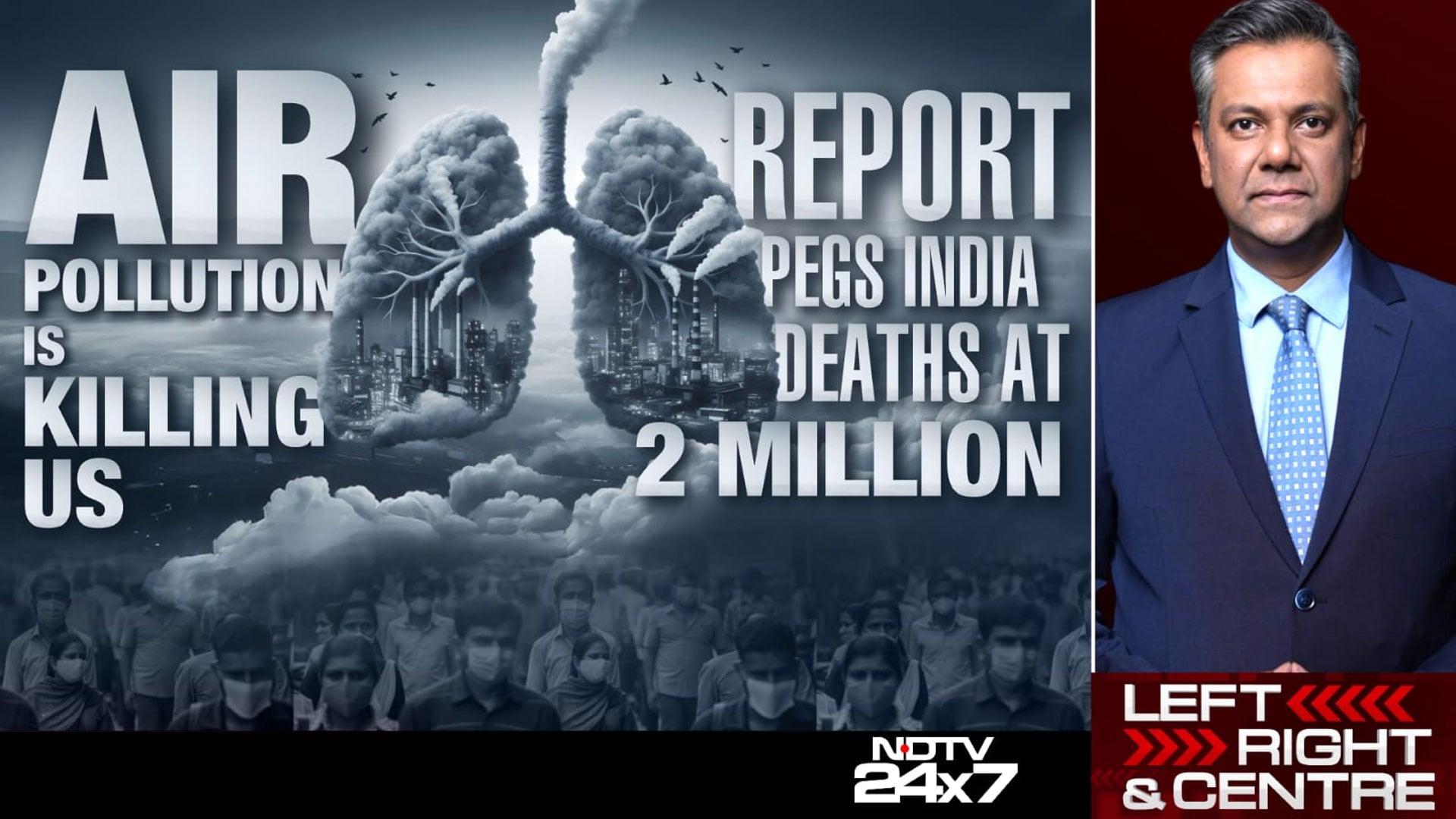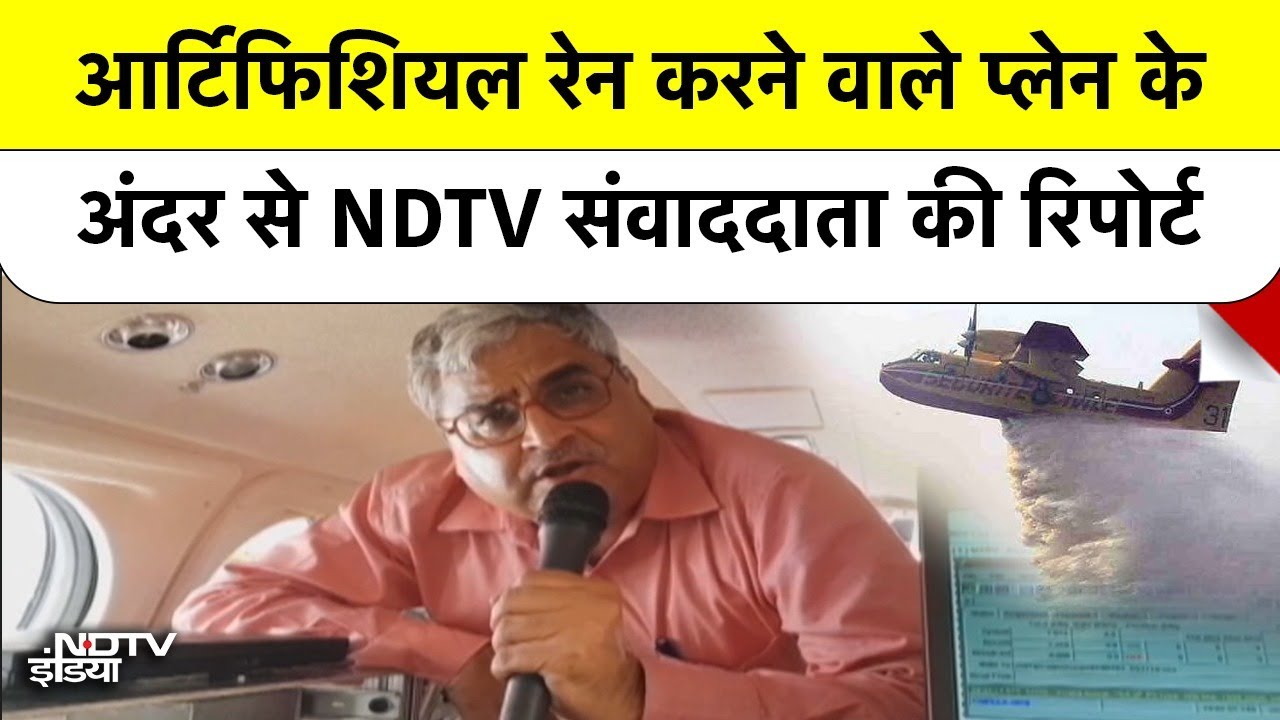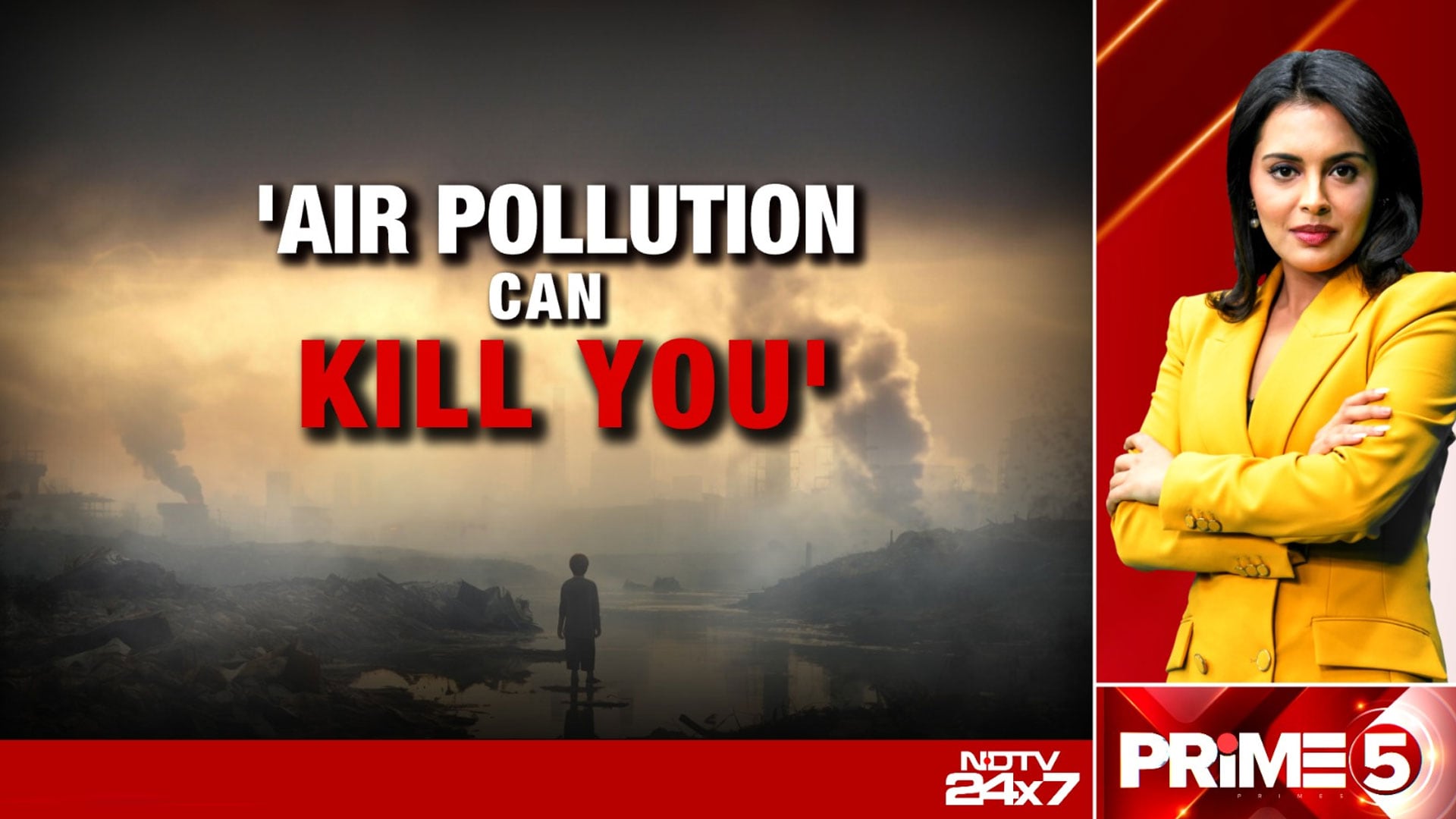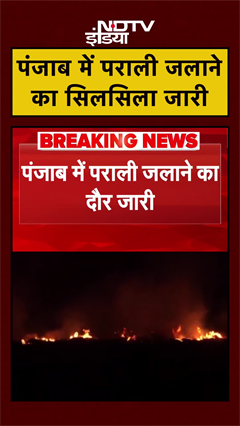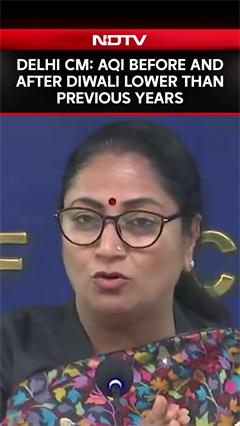- Home/
- 120 Teams Deployed To Stop Truck Entry In Delhi Over Poor Air
120 Teams Deployed To Stop Truck Entry In Delhi Over Poor Air

A total of 120 teams of the transport department will be in action at Delhi's entry points to ensure that trucks, apart from those carrying essential items, do not enter the national capital, officials said on Thursday.
With Delhi's Air Quality Index (AQI) a notch short of entering the "severe plus" category, a central panel directed authorities on Thursday to ban the plying of four-wheeled diesel light motor vehicles in the city and the adjoining NCR districts and the entry of trucks into the capital as part of the anti-pollution measures under the final stage of the Graded Response Action Plan (GRAP).
However, BS-VI vehicles and those used for essential and emergency services have been exempted, according to an order issued by the Commission for Air Quality Management (CAQM).
With a spike in the pollution levels, the enforcement teams of the transport department are fully involved in ensuring that the anti-pollution measures are implemented.
"The teams will be deployed at the entry points to ensure that only the trucks carrying essential goods enter Delhi while the other trucks are turned back," a senior transport department official said.
Delhi's 24-hour average AQI spiralled to 450, just a notch short of the "severe plus" category, on Thursday as the share of stubble burning in the city's PM 2.5 pollution soared to 38 per cent amid stagnant conditions and a favourable transport-level wind speed.
As for enforcing the ban on the plying of four-wheeler diesel LMVs in the National Capital Territory (NCT) of Delhi, the official said they have access to a pan-India database through the "Vahan" portal.
"The vehicles will be turned back and if any vehicle manages to sneak in and is found plying on the roads of Delhi, it will be immediately impounded," he added.
The official said the department can only implement the ban manually.
"There is no mechanism to implement it through technology. We will have to stop a vehicle, key in its details into the Vahan portal and only then will we get to know whether it is a BS-VI vehicle or any other vehicle," the official said.
The officials said if the air quality levels witness an improvement, that is, they fall below 400, the ban will not be in place.
The department will issue public notices and release advertisements to make people aware about the restrictions in place.
"Ban on plying of 4-wheeler diesel LMVs in NCT of Delhi and districts of NCR bordering Delhi, except BS-VI vehicles and vehicles used for essential/emergency services," the CAQM order read.
The commission also ordered a ban on the Delhi-registered diesel-run medium and heavy goods vehicles in the capital. Those carrying essential commodities and providing essential services are exempted.
The entry of trucks other than those run on electric and CNG into Delhi is banned too.
Delhi Environment Minister Gopal Rai will hold a high-level meeting on Friday to discuss the implementation of the curbs on polluting activities under the final stage of the GRAP.
An AQI of above 400 is considered "severe" and can affect healthy people and seriously impact those with existing illnesses.
(Except for the headline, this story has not been edited by NDTV staff and is published from a syndicated feed.)
Latest Stories
- Press Trust of India | Saturday October 25, 2025 , New Delhi
The sudden exposure to smoke, toxic gases, and fine particulate matter has left the elderly, children, pregnant women, and those with chronic respiratory or cardiac illnesses struggling to cope.
- Asian News International | Saturday October 25, 2025 , New Delhi
The Air Quality Index (AQI) in the national capital improved on Saturday morning but remained under the "poor" category, with Stage II of the Graded Response Action Plan (GRAP) already in effect across Delhi-NCR.
- Press Trust of India | Friday October 24, 2025 , New Delhi
With the city's air quality remaining in the "poor" category, Delhiites are rushing to stock up on air purifiers and masks, leading to a 60-70 per cent jump in sales, traders said.
- Written by Manya Singh | Saturday October 25, 2025
The State of Global Air 2025 examines air quality and health outcomes using the latest PM2.5 and ozone exposure data and disease burden models.
- Reported by Vishnu Som | Friday October 24, 2025 , New Delhi
The latest State of Global Air report paints a grim picture of the world's worsening air quality, warning that pollution has become the planet's second leading cause of premature death, behind only high blood pressure.
................................ Advertisement ................................
Latest Videos
Opinion
Opinion | Why Indians Have Just Given Up On Air Pollution CrisisTanushree Ganguly
Friday December 20, 2024While some may argue that people in Delhi are now more aware of air pollution than they were a decade back, my rebuttal would be that awareness does not mean that people are concerned.
Opinion | You Must Outrage Over Filthy Air More Than Once A YearJyoti Pande Lavakare
Tuesday December 10, 2024Delhi welcomed us with monsoon rains and mangos. We were home. Fast forward a couple of years, in the winter of 2012, I found myself in denial about something other parents, mostly expats, were calling toxic air.
Opinion | Delhi's Air Pollution Situation Is Like A Bad MarriageNishtha Gautam
Friday November 22, 2024On a good day, such as today, the AQI reading in Delhi is 407. We are jubilant at the sickly sunshine trickling through the slightly dissipated smog. At least its not 1600.
दिवाली... पराली... सियासी जुगाली!Ashwini kumar
Monday November 18, 2024दिल्ली-एनसीआर में प्रदूषण का समाधान तो आज तक मिला नहीं. हर साल चिंतित होकर हम-आप सांसों की तकलीफ के साथ-साथ दिल और ब्लड प्रेशर के मरीज भी क्यों बनें?
घर में कैद बुजुर्ग और हांफते लोग, दिल्ली की सांसों में घुला ये कैसा रोग?Nidhi Kulpati
Friday November 08, 2024हमारी हवा जहरीली हो रही है. गुरुवार की शाम को जब मैं इस मुद्दे पर लिखने बैठी तो AQI लगातार 400 पार जाकर दम घोंट रहा था. बहुत लोगों को यह मामला बोरिंग लगे, लेकिन जब आप अपने साथ काम करने वालों को खांसते-हांफते देखते-सुनते हैं, तो चिंता होने लगती है. सुबह उठते ही दरवाजे खिड़कियां खोलने के लिए डॉक्टर मना कर रहे हैं. बड़े बुजुर्गों के लिए तो मॉर्निंग वॉक बाहर की दुनिया से सीधे संपर्क का ज़रिया है, लेकिन डॉक्टर इसकी भी मनाही कर रहे हैं.








